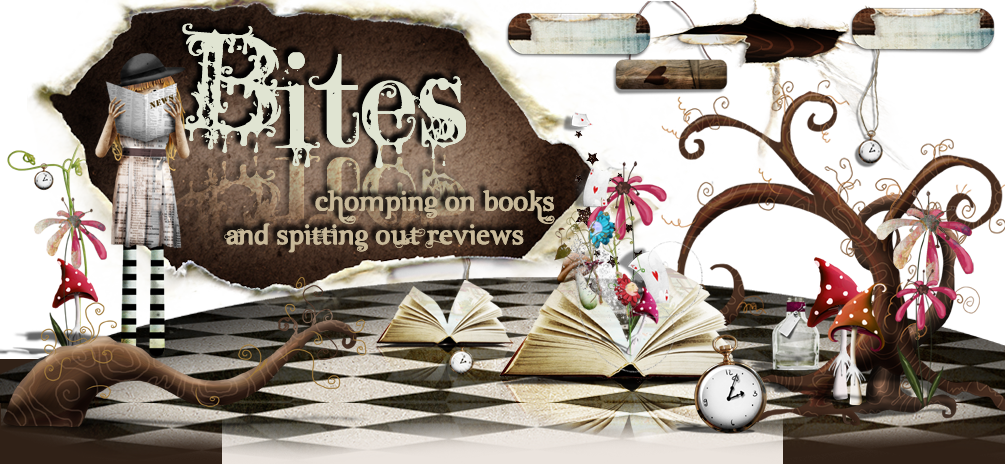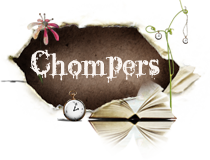 Pub date - October 13, 2009
Pub date - October 13, 2009The Un-Dead begins in 1912, twenty-five years after Dracula "crumbled into dust." Van Helsing's protégé, Dr. Jack Seward, is now a disgraced morphine addict obsessed with stamping out evil across Europe. Meanwhile, an unknowing Quincey Harker, the grown son of Jonathan and Mina, leaves law school for the London stage, only to stumble upon the troubled production of "Dracula," directed and produced by Bram Stoker himself.
The play plunges Quincey into the world of his parents' terrible secrets, but before he can confront them he experiences evil in a way he had never imagined. One by one, the band of heroes that defeated Dracula a quarter-century ago is being hunted down. Could it be that Dracula somehow survived their attack and is seeking revenge? Or is their another force at work whose relentless purpose is to destroy anything and anyone associated with Dracula? (from bn.com)
The Un-Dead is a mash-up of chapters cut from Bram Stoker's original manuscript and parts added by his great-grandnephew, Dacre Stoker (pronounced like acre) and Dracula historian, Ian Holt. So it's not wholly written by these two. Stoker's original manuscript was much longer but was cut down by his publisher. Of course, the currently alive Stoke and Holt took some liberties with the original manuscript and filled out the gaps the previously unpublished parts left out.
It's been quite a while since I've read the original Dracula so my basis for comparison's off. I remembered enough to be able to pick up the story immediately without any confusion but, even if you're slightly unfamiliar with Dracula, this new one does go into some backstory of the original characters so you're not wholly lost. Your best best, however, is to read and know the original Dracula, know what those characters went through, why they ended up the way they did. It'll make this sequel all the more richer.
I've seen reviews in a few places on this book that weren't all that glowing. Kind of meh. As a fan of Dracula and vampires in general, I was actually very entertained by this book. Sure, it was a little out there. Some of the circumstances had me questioning if they actually fit in with the time of the original (since that's when it was written and the new stuff was supposed to blend) but at the end of the day, I enjoyed it.
I really liked (and this is rather depraved) the total ruin that befell all of the band after the assault on Dracula's castle. That's what this book focuses on the most, is how these characters are living their lives, what's happened to them and how it all feeds directly into the events of the story. Mina and Jonathan's marriage is held together by Scotch tape, basically, Dr. Seward's reputation is that of a lunatic from one of this own asylums and Holmwood is in a sham marriage because his real love, Lucy Westenra, died 25 years prior. Van Helsing is as he was expected: a mangy old man that's still hell-bent on immortalizing himself as a supreme vampire hunter and defending the world against the likes of Dracula. It's no surprise that that very notion is his downfall.
The addition of this new character, Quincey Harker, the son of Mina and Jonathan, is the catalyst for the entire story. He's the one that sets everything in motion, that brings everything to the point it ends up. The actions of most of the characters are made in order to protect Quincey from the truth. Oh how much that comes around to bite them in the ass. Why can't parents just talk to their children?
I'm not sure how I felt about this second presence that was added right from the very beginning whose rage fuels the apocalyptic events of the story. I liked her history and it plays well into the truth mythology (as oxymoronic as that is) of this character but I'm not sure how I liked it. It was alright and it created for some great action but I think it could have been done differently.
I also saw the situation with Quincey's actor idol coming from the second he stepped onto the page. There was just something about his name that I knew was off and played into his character. Turns out I was right. I could have lived without how this idol and Quincey are tied together though. That could have been done differently and have had the same effect on Quincey's character. Plus, we really don't see his reaction and how he deals with that knowledge once it's out there. It just pretty much ends. The thing is, I don't think we're going to get more, either. At least not family-sanctioned anyway, but it leaves doors open.
The Titanic is also brought in at the very end. Personally I felt that was a little contrived. The current authors did it because Bram Stoker died only days after the Titanic sank so it was kind of an homage but in terms of the story, I don't think it fit. It leaves you with the question of did he or didn't he? which is kind of annoying, especially since we're probably not going to see anything else after this book. I mean, why not just stick 'em on a regular ship and have the ending be a little more solidly open-ended than that? That kind of irked me, actually.
After a while you can start to pick up what's Stoker's original manuscript and what was added but there's still some confusion as to what was written when. I take issue with the sheer amount of sexuality in this one. I know it was present in the original but it was bordering on gratuitous on this one that seemed to overstay its original Victorian moral. Maybe it was written up a bit in order to play to a more current society. Whatever it was, it didn't blend as good into this storyline as it did into the original.
But I liked all of the history. Dacre Stoker and Ian Holt definitely put much more work into research than their predecessor and it showed. I always enjoy historical accuracy. And while they took liberties with the dates of the original manuscript, it fit in with the events of this one and, in the end, it all played together nicely. I liked the notion that, with hindsight, Dracula was "real" and taken from the lives of "real" people. I really liked that twist, especially when the "characters" started correcting book!Stoker's "mistakes." Very keen!
Is it as good as the original? Of course not. But it was entertaining. It was a mix of the modern need for action with the Victorian weight of the original. History and present day played a delicate balancing game that sometimes tipped over but would always seem to rescue itself. I think it's a good sequel to its original. It definitely could have been a hell of a lot worse and yeah, it could have been better but I'm glad we got what we got. It was good. I was entertained. The book itself did its job with no real complaint. Now I want to go back and re-read the original just to make comparisons which might alter my opinion of this one but I don't think by much. Regardless, I still didn't want to put the book down.
The duality of pitting really evil against the lesser of two evils is something that you see a lot of in the current vampire market but the evil here takes it so much further. It's so much more ruthless and nihilistic and sadistic than much of what's out there now. And the reason for the crusade is chilling and therein lies the real fear. But you can only fight evil with evil, right?















3 comments:
It seems like it must be interesting to read just for the construction aspect. It sort of expands on your understanding of the original. But it's been so long since that I've read the original, so probably anything would "expand" on that. :P
Mary D
Good review, I've heard of this one and have added it to my wish list. (Unless my library gets it first *crossing fingers*)
I did not know that B. Stoker's original manuscript had been cut down by the publisher - wow, I'd LOVE to read the original unabridged version. Dracula was one of the first paranormal classical novels I ever read as a young adult, really enjoyed it.
BTW - slightly on topic but I read about an early horror classic called The Monk (not sure without looking it up who wrote it) but supposedly it was one of the first true horror reads, and so shocking that parts were later expurged from the original text. I think it was rather lurid for the times, and the excerpt I read over a year ago was pretty intense. Gotta find that one lol
Re the parts cut from Bram Stoker's original manuscript, the pages have been lost. Nobody (not even Dacre Stoker and Ian Holt) has had access to them. The one exception is the story "Dracula's Guest" which most likely formed part of the early chapters cut by the publisher. What Dacre & Ian used are discarded bits and pieces from Bram's Notes for Dracula - a very different matter.
Elizabeth Miller
www.blooferland.com
Post a Comment